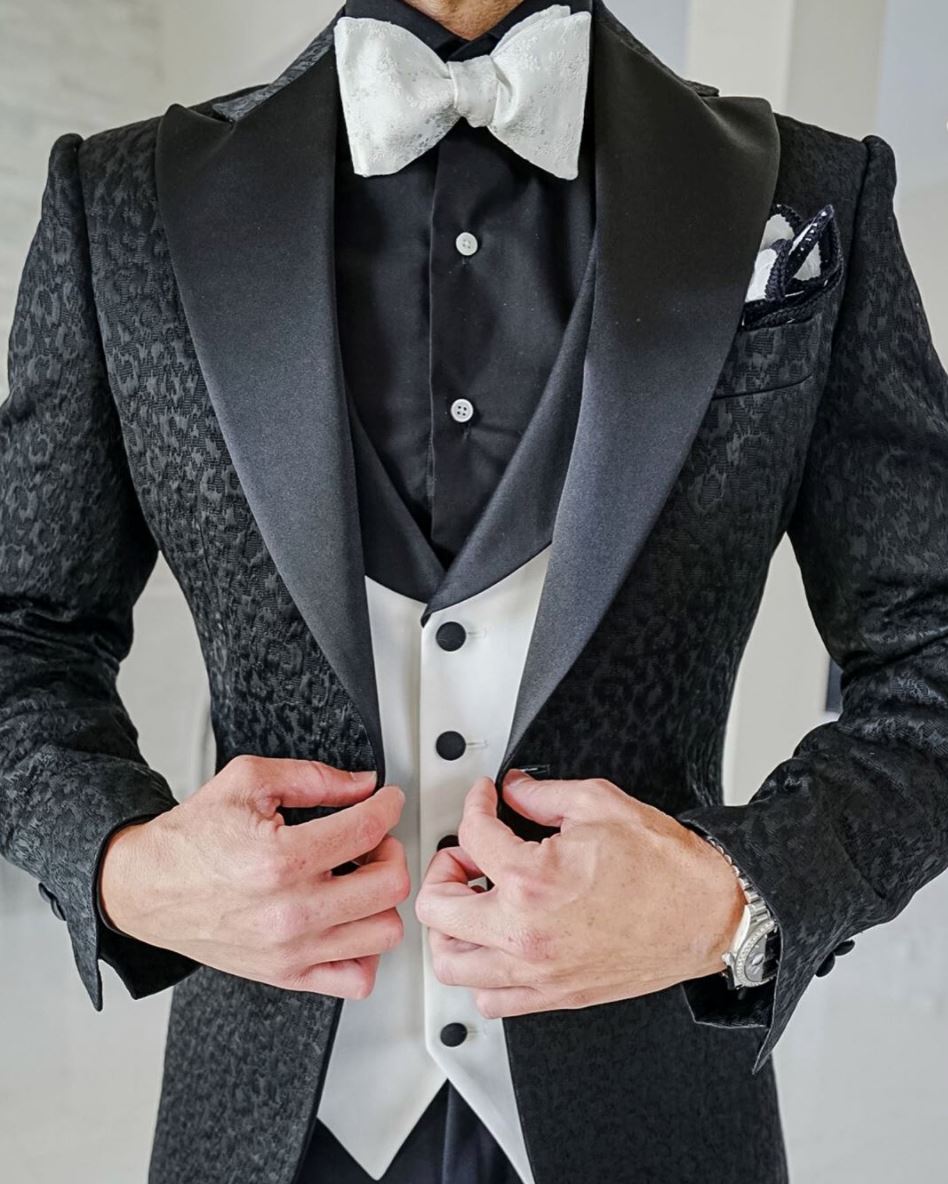According to Statista, the luxury goods market is valued at US$285,137m in 2020, with an annual growth rate of 6.4%. More specifically, the Luxury Footwear segment amounts to US$32,169m in 2020 and anticipates a growth rate of 5.9% annually.
One might wonder, how does the luxury market have such an appeal and influence over a relatively small and exclusive customer pool given their exorbitant prices? While a lot of this has to do with psychology, it would be unfair to disregard the factor of true affordability. Let’s delve in.
When I said true affordability, I meant people who do not consider buying a luxury item, let’s say for $1000 Loubuitins, an uncommon purchase. Their lifestyle is so set around the luxury market that any deviance from it is unnecessary or even to some extent uncomfortable.
While it is wildly unjustified to group all people of wealth as people with similar lifestyle choice patterns, it may be fair to assume that a significant section of the group may purchase luxury items for its quality and genuine love for the brand and not just because of the buzz it creates.
But what about the ones who don’t identify with the above? How or why are people propelling a market which broadcasts a message about status and taste and creates disparity across financial and social standing? Well, turns out that’s exactly why.
Luxury goods lay the foundations of establishing social hierarchy to an extent that even people without the resources to make an expensive transaction, act irrationally, and dump all their personal savings to exhibit their social status which ironically enough is no longer a representative of the same anymore.
The biggest chunk of people buy luxury items because of its psychological effects- in a study by Niro Sivanathan, an assistant professor at the London Business School, and Nathan C. Pettit, of Cornell University, he said “Poor people tend to spend a proportionally larger amount of their income on status purchases compared to folks who are well off. (Granted, low-income families a lot less money to begin with.)” and through a series of studies, the researchers came to the conclusion that “we consume not only to create some impressive exterior but also to alleviate interior psychological pain—in other words, to make you feel better when you’re down in the dumps.”
He argued that “The economic explanation – that people purchase conspicuous goods because they want to signal positive things about themselves to others – felt incomplete,” says Sivanathan. “We wanted to delve into what causes people to act out their urge to purchase conspicuous goods, and more importantly what causes that urge in the first place. Our research shows that part of the impetus behind these consumption decisions is the desire to repair self-threat.”
Numerous behavioural psychology studies have revealed many consumers who buy luxury goods are not in a financial position to be able to afford luxury goods, and the proof of the same can be best identified in the high rates of consumer debt that many Americans have.
A very interesting refutation my earlier statement in a claim by Investopedia shows that higher-priced goods are not always of higher quality:
“One possible explanation for this is the human tendency to overemphasize the positive elements of a product and ignore its disadvantages. For example, in the case of Apple Inc. (AAPL), consumers wait overnight for new releases of iPhones, iPads, and Mac computers. This despite the fact that Apple products are not technologically unique or superior.”
So now, let’s look at shoes. Why buy shoes from Sebastian Cruz when there is an abundant availability of a lot cheaper alternatives?
In reality, when you buy a nice pair, and take care of them, and they’ll last forever. The cost-per-wear actually works out to be lesser than when you buy cheaper shoes. So “expensive” is actually a relative term.
Owing to a Quora blogger’s personal experience, Eva says that purchasing cheap shoes which are available at discounted rates are a nightmare due to the excruciating pain they cause, in addition to their lack of comfort.
According to her, buying expensive shoes which are comfortable and of superior quality are ultimately a bargain as they last a lifetime and as mentioned before, the cost-per-wear actually works out to be a lot lesser!
The luxury market for shoes makes for a more rational purchase (if one is not strictly abiding by the brands). Even heels from Yves-Saint Laurant which are one of the most expensive pairs are said to be the most comfortable ones given that they are between 6-8 inches in height.
For men too, their black designer shoes, formal shoes and loafers are examples of the few out of many options the brand provides for their clients.
Sebastian Cruz products similarly, inculcate quality and comfort in the making of such high-end shoes for men. These men’s designer shoes across loafers and formal shoes represent everything that you’re looking for in branded footwear and delivered nothing less than what it promises.
All their shoes are hand-made in Italy with Italian Jacquard Fabric which adds to it exclusivity and uniqueness.
Check out the collection here.



Leave a comment
This site is protected by hCaptcha and the hCaptcha Privacy Policy and Terms of Service apply.